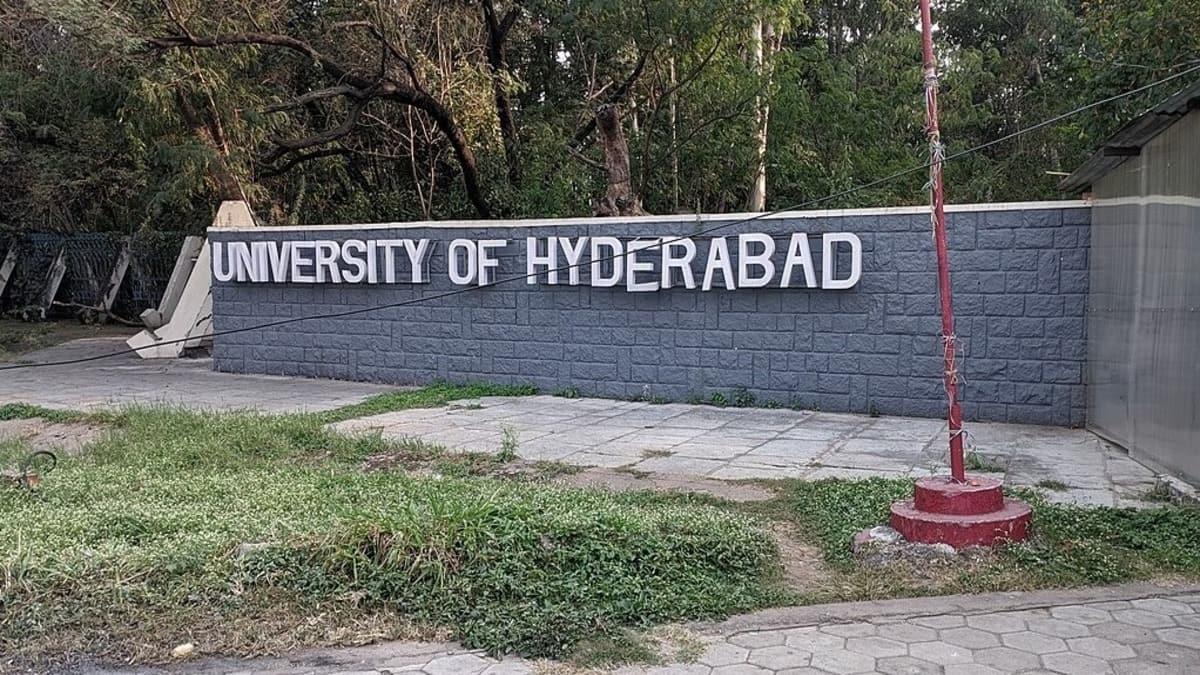Draft UGC rules draw flak as teachers oppose removal of contract staff cap, mandatory PhD for promotion
Team Careers360 | January 7, 2025 | 05:35 PM IST | 4 mins read
UGC’s proposed changes in teacher recruitment norms will lead to exploitation and job insecurity; affect quality of education and career growth, feel teachers

By Musab Qazi and Atul Krishna
NEW DELHI: The proposed changes in the college teacher recruitment norms, especially the removal of the cap on the proportion of contractual teachers, additional parameters for hiring and promotions, and undefined work hours, have drawn brickbats from faculty members who view them as a means of limiting public spending on higher education.
The teachers said that doing away with the 10% ceiling on the share of temporary teachers in higher education institutes would lead to exploitation of staff and students, and create job insecurity among faculty members. With the new proposed rules largely mum on leave, teaching days and work-load distribution, teachers fear that their classroom hours will increase substantially and leave fewer opportunities for aspiring lecturers.
The new draft University Grants Commission (UGC) regulations for faculty recruitment in higher educational institutions (HEIs) were released for public feedback by the union education minister Dharmendra Pradhan on Monday. The stated aim for the revisions is to create a "more flexible, aspirational, and multidisciplinary-focused norms" aligning with the National Education Policy (NEP 2020) and National Credit Framework (NCrF).
Teacher recruitment: UGC rules on contractual appointments
In major changes, the proposed UGC regulations do not specify an upper limit on contractual teacher appointments, while offering no specifics on teaching hours. It instead states that the temporary should be hired "for a maximum period of six months, only when it is essential".
On the other hand, the document states that the number of Professors of Practice "should not exceed 10% of the sanctioned posts in a HEI".
"The removal of the cap on contract teachers is very risky to the education sector. Now universities and colleges will prefer to appoint more contract teachers rather than permanent faculty, leading to the exploitation of teachers and students," said Jagannath Khemnar, a college teacher and an elected member of the University of Mumbai (MU).
Gulabrao Raje, president, Bombay University and College Teachers Union (BUCTU), echoed this sentiment. "By paving the way for hiring more than 10% teachers on contract basis, the government is shutting down aided full-time recruitment. There might come a day when not just the teachers, even VC would be hired contractually," he said.
Pillalamarri Ramulu, former president of University of Hyderabad Teachers Association, believes that universities depending on contract teachers will have a “terrible effect”. “They can’t fulfill all the activities because they are not paid sufficiently. The best teachers also won’t opt for contract jobs. Until and unless we start prioritising permanent faculty positions the universities won’t survive,” he added.
“If there is a really good candidate from JNU, DU or University of Hyderabad, they won’t go to a contract job in Kerala for Rs 20,000 or Rs 30,000. If it is a permanent position then certainly they can go anywhere in India. That is the major aspect of permanent position,” Ramulu said.
Some academicians suggest that proposed restrictions on hiring contractual staff and professors of practice are 'impractical'.
"Contractual appointments are capped at six months, which may be impractical for certain disciplines or projects requiring long-term commitment," said Mohammad Khalil Ahmad, principal AE Kalsekar College, adding, "Limiting Professors of Practice to 10% of sanctioned posts may be overly restrictive for disciplines requiring significant industry-academic collaboration."
UGC regulations: Teacher recruitment, PhD for promotion
Under the amended norms, the recruitment and promotion process is also set to become more stringent. Having a doctorate is now a mandatory requirement for higher promotions, while there's less scope for the teachers' past service to be considered.
"The insistence on the UGC-mandated selection committee for ad-hoc appointments for the counting of past service has taken away the benefit of past service even for the first promotion. The draft Regulation has no provision for the counting of the entire past service at every stage of promotion," said Rudrashish Chakraborty, associate professor at Delhi's Kirori Mal College and an elected member at Delhi University Teachers' Association (DUTA) Executive.
Chakraborty also said that the draft puts “too much” emphasis on activities “that have no direct bearing on teaching and research” for promotions.
“PhD has become a mandatory qualification for promotion to Level 12, which is draconian and will adversely affect the teachers. The requirement of publications for direct recruitment to Associate Professor in the University departments has increased from 7 to 8, thus adding to the already heavy requirement in the existing regulation,” he said.
Follow us for the latest education news on colleges and universities, admission, courses, exams, research, education policies, study abroad and more..
To get in touch, write to us at news@careers360.com.
Next Story
]With few Dalit, Adivasi teachers, IITs, IIMs lack ‘environment of empathy’: AIOBCSA president
Having SC, ST, OBC teachers can ensure students from these communities have a support system, says AIOBCSA president. The OBC students’ group has filed hundreds of RTIs to obtain data on recruitment.
Sheena Sachdeva